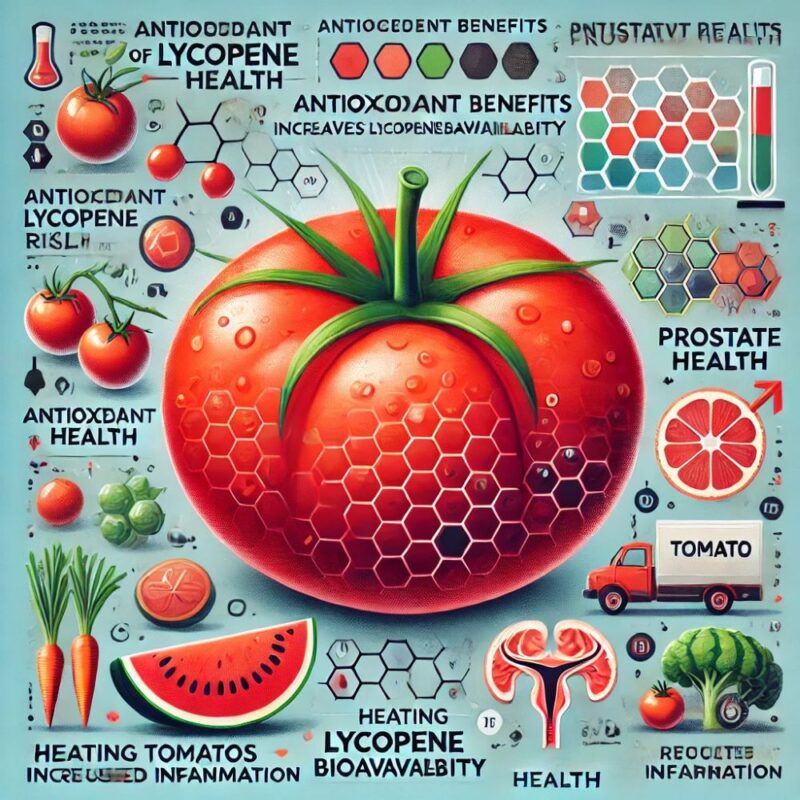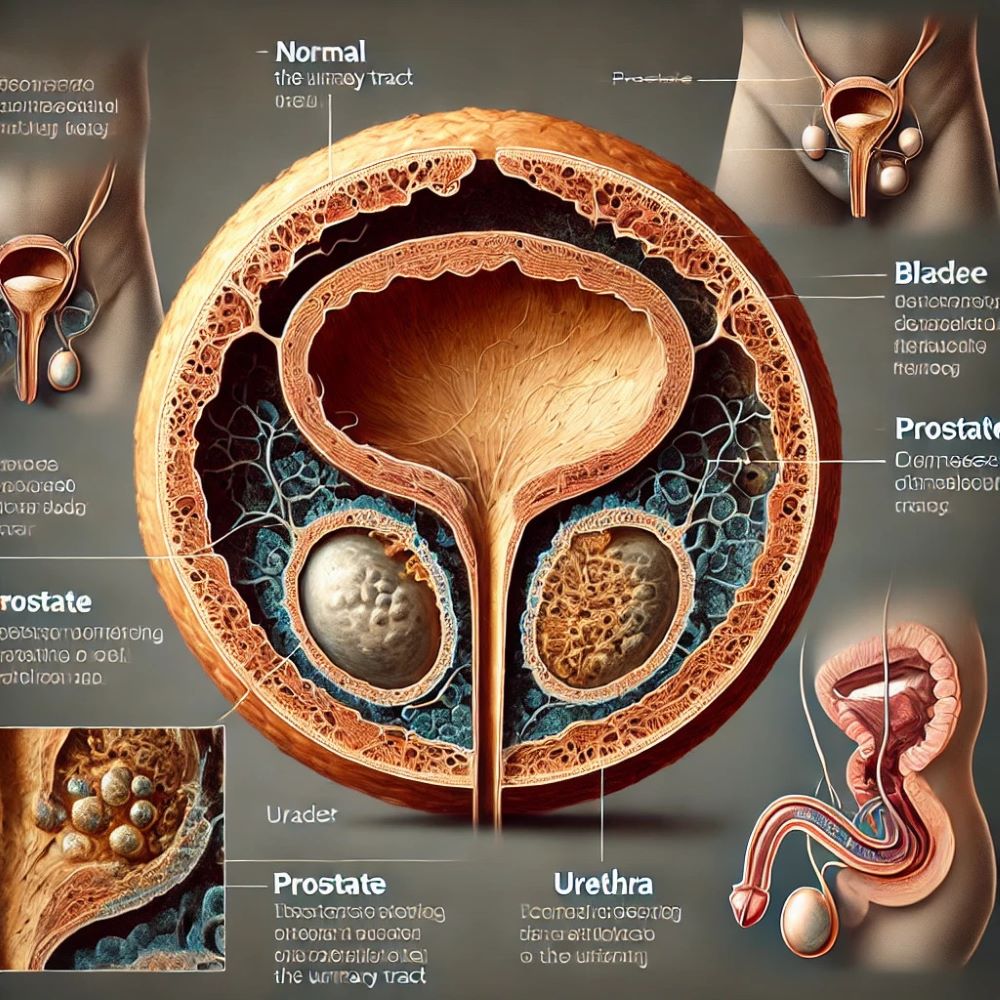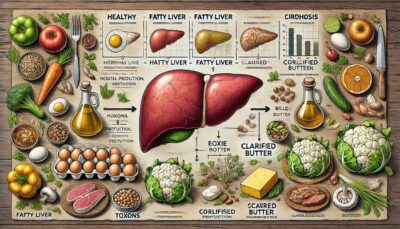In this study, I will describe about enlarged prostate and I will tell you something about eating that will help you reduce the size of your enlarged prostate. Prostate is located below the glans, near the urinary tract. Normally, its size is equal to the size of a walnut, but increasing its size affects the flow of urine. It is difficult to urinate. The urine does not come open. Even after urination, the feeling remains that the uterus is not properly empty. It annoys at night, sleep is disturbed. In some people, this enlarged prostate also changes into cancer. For this, the term used in medical is benign prostatic hyperplasia. “According to one theory, certain hormones, including testosterone, activate hyperplasia and cause the prostate to enlarge.”
“The Role of DHT in Prostate Health: How Aging Affects Testosterone and Enzyme Activity”
Because it is an anabolic hormone and it is responsible for the repair of new cells in the body, maintenance and tissues of the body. Then there is a type of testosterone called DHT. DHT is made from testosterone itself. An enzyme 5-alpha reductase converts it from testosterone to DHT. And apparently this DHT increases the size of the prostate. That’s why the medicines given in enlarged prostate stop this enzyme action. This enzyme slows down the function so that DHT is reduced in the body. But here one more thing is very important. that as you age, testosterone decreases. If testosterone is low, then DHT will also decrease. Then why is the size of the prostate increasing? So in reality, as you age, this enzyme 5-alpha reductase increases its activity. Testosterone does not decline and the available testosterone is converted into DHT.
“Understanding DHT and Prostate Health:
DHT becomes more which eventually becomes the cause of prostate enlargement. Now the medicine given in this regard, I can’t take its name here according to guidelines. These people claim that this medicine reduces the size of the enlarged prostate by up to 23%. But there are some side effects of this medicine. Genetic desire decreases, decreased libido, Prostate cancer can be caused by long-term use. And when someone stops eating it, then a syndrome or disease can be born, which is included in the symptoms. Penis atrophy, small penis size, and breast tissue development because estrogen increases in the body. If you just remove these symptoms, then its use is absolutely safe. Just a side note. Now the question then arises is there any natural inhibitor of this enzyme? Can this enzyme action be stopped naturally?

“Lycopene: The Antioxidant Powerhouse for Prostate Health and More”
In a study, it was found that there is a 21% decrease in the size of the large prostate. This prevents enzyme action and reduces inflammation. It is a very good antioxidant. And this is Lycopene. Lycopene is a carotenoid. It is a category of plant chemicals. In this category, different plant chemicals and plant-based compounds are included. If we talk about foods, lycopene is found in watermelon, carrot, and grapefruit. In tomatoes, lycopene is found in the highest quantity. If you grow tomatoes at home, then this is excellent. If you are buying the market, then try to buy locally grown tomatoes. And an important point is that when tomatoes are heated, then the bioavailability of lycopene increases. That is, it can be properly absorbed into the body.
“Maximizing Lycopene Benefits: Fresh Tomatoes, Healthy Fats, and Key Nutrients for Optimal Absorption”
Fresh tomatoes are the best choice. There are some products in the market in the form of tomato paste and tomato sauce. If extra sugar is added to these, then avoid them. And another important thing about lycopene is that it is a fat-soluble compound. So whenever you cook tomatoes, add a little olive oil or desi ghee to it. When this extra fat is heated, it will be able to remove the lycopene well. Tomatoes are also an important part of our food. Just try to use olive oil or desi ghee instead of cooking oil. Do add tomatoes to salads. Add a little olive oil to it. Now there are some other things that you can add to this regime. Zinc is at the top of the list. Resveratrol is another compound that works with lycopene. Grapes, dark chocolate, berries, peanuts, peanut butter. All of these contain resveratrol.
“Prostate Health Essentials:
Another thing to keep in mind is to stay away from milk. The worst thing for prostate health is milk. Because naturally and synthetically, both types of growth hormones are present in milk, which speed up the growth of prostate cells and cause the size of the prostate to increase. A lot of people have told me that they like milk and drink it with pleasure. So the next day, the problem of constipation stops. That night, you don’t sleep properly. This problem of prostate enlargement becomes severe. So avoid milk. Fat cells of the body also make enzymes.
Weight loss is important. Weight gain is due to increased insulin. If you are on a keto diet, you can easily control it. We talked about the keto diet and insulin in the previous video. Then there are vegetables with green leaves, such as spinach, cabbage, cucumber, peas, broccoli, asparagus, lettuce, onion, garlic.
Can prostate calcification be reversed?
Prostate calcification refers to the build-up of calcium deposits in the prostate gland. While it’s often not reversible, some natural methods may help manage the condition and prevent further calcification or alleviate associated symptoms. Here’s what you should know:
- Not Fully Reversible: Prostate calcifications are generally considered permanent once they form. However, they often don’t require treatment unless they cause symptoms like pain or urinary problems.
- Management Over Reversal: The focus is usually on managing symptoms and preventing further calcification rather than reversing existing deposits.
Natural Methods for Managing Prostate Calcification
While these methods might not reverse calcification, they can support prostate health and potentially help manage symptoms:
- Dietary Changes
- Increase Antioxidant-Rich Foods: Foods rich in antioxidants, such as berries, tomatoes, and leafy greens, can help reduce inflammation and support overall prostate health.
- Consume Omega-3 Fatty Acids: Omega-3s, found in fatty fish like salmon and in flaxseeds and walnuts, have anti-inflammatory properties that may benefit prostate health.
- Reduce Calcium Intake: While calcium is important for health, excessive intake can contribute to calcification. Balance your calcium intake with adequate magnesium, which can help regulate calcium levels in the body.
- Hydration
- Stay Well-Hydrated: Drinking plenty of water can help flush out toxins and reduce the concentration of minerals that may contribute to calcification.
- Herbal Supplements
- Saw Palmetto: This herb is often used to support prostate health and may help alleviate urinary symptoms associated with prostate issues.
- Pygeum: Extract from the African cherry tree, pygeum may help reduce inflammation and support urinary function.
- Stinging Nettle: Often used alongside saw palmetto, stinging nettle may help reduce symptoms of an enlarged prostate.
- Physical Activity
- Regular Exercise: Engaging in regular physical activity can improve circulation, reduce inflammation, and support overall prostate health. Pelvic floor exercises, or Kegels, can be particularly beneficial.
- Avoid Certain Foods
- Limit Processed Foods and Red Meat: Reducing the intake of processed foods, red meats, and high-fat dairy products may help lower inflammation and support prostate health.
- Stress Management
- Reduce Stress: Chronic stress can exacerbate inflammation. Techniques like meditation, yoga, and deep breathing can help manage stress levels.
Medical Consultation
- Regular Check-ups: It’s essential to consult with a healthcare provider for regular prostate check-ups, especially if you have symptoms. They can monitor the condition and provide medical advice tailored to your situation.
- Medication: In some cases, medications or treatments might be recommended to manage symptoms or address underlying issues like inflammation.
Conclusion
While reversing prostate calcification is unlikely, adopting a healthy lifestyle and using natural methods can help manage symptoms and support prostate health. It’s important to work with your healthcare provider to develop a comprehensive plan tailored to your needs.



